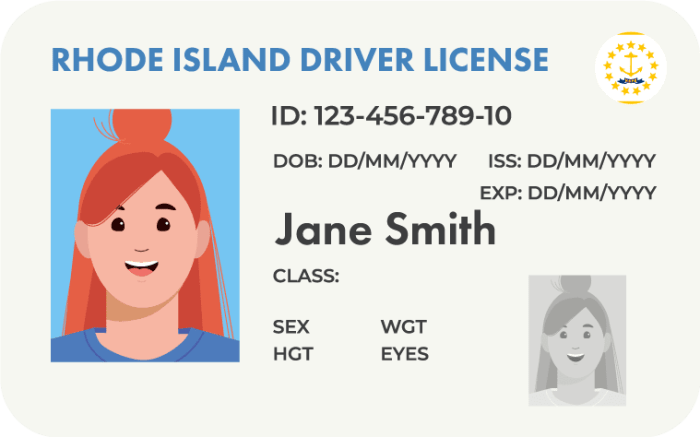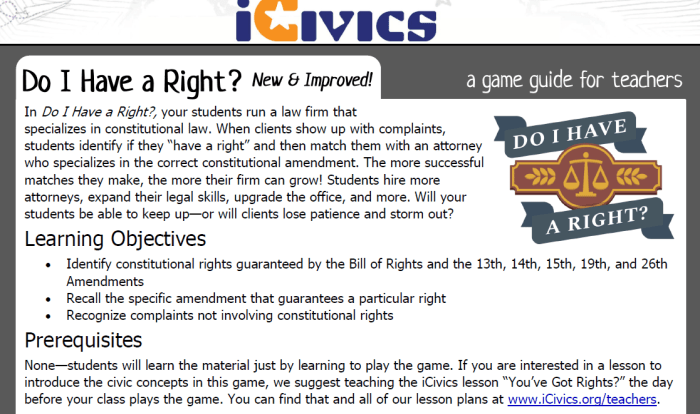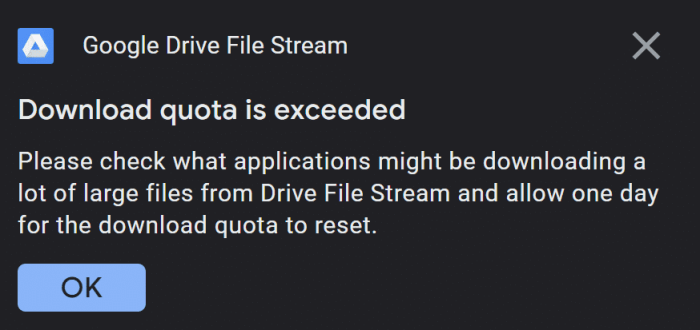Embark on a comprehensive journey into the Rhode Island Blue Card Test Online, an assessment that holds the key to unlocking higher education and career opportunities. This guide unveils the intricacies of the test, providing invaluable insights and practical strategies to excel.
Delve into the eligibility criteria, test format, and scoring system, gaining a clear understanding of the test’s structure and requirements. Explore official study materials, practice tests, and proven test-taking techniques to maximize your performance.
Rhode Island Blue Card Test Overview: Rhode Island Blue Card Test Online

The Rhode Island Blue Card Test is a standardized assessment designed to measure the academic achievement of high school students in Rhode Island. The test is used for college admissions, placement, and scholarship eligibility.
To be eligible to take the test, students must be enrolled in a Rhode Island public high school or have obtained a high school equivalency diploma. The test is administered once a year, typically in the spring.
The test format consists of multiple-choice questions covering English language arts, mathematics, science, and social studies. The test is timed, and students have a limited amount of time to complete each section.
Test Preparation Resources
The Rhode Island Department of Education provides official study materials and practice tests for the Rhode Island Blue Card Test. These resources can be found on the department’s website.
In addition to official materials, there are a number of reputable online resources and preparatory courses available. These resources can provide students with additional practice questions, test-taking strategies, and personalized feedback.
Test Administration and Scoring, Rhode island blue card test online
Students can register for the Rhode Island Blue Card Test online or by mail. The test is administered at designated testing centers throughout the state.
The test is scored on a scale of 1 to 5, with 5 being the highest score. Students receive a score report that includes their overall score and their scores on each individual section.
Test Results and Implications
The results of the Rhode Island Blue Card Test are used for a variety of purposes, including college admissions, placement, and scholarship eligibility.
Colleges and universities use the test scores to assess students’ academic preparedness for college-level work. The test scores can also be used to place students in appropriate courses.
Many scholarships and financial aid programs require students to submit their Rhode Island Blue Card Test scores. The test scores can be used to determine eligibility for these programs.
Alternative Assessment Options
For students with disabilities or other accommodations, there are a number of alternative assessment options available.
These options include the Rhode Island Alternate Assessment (RIAAA) and the Portfolio Assessment. The RIAAA is a performance-based assessment that measures students’ skills in English language arts, mathematics, and science.
The Portfolio Assessment is a collection of student work that demonstrates their academic progress over time. Students can submit their portfolios for review by a team of educators.
Answers to Common Questions
What is the purpose of the Rhode Island Blue Card Test?
The Rhode Island Blue Card Test is designed to assess students’ academic achievement and readiness for college-level work.
Who is eligible to take the test?
High school students in Rhode Island who meet specific academic criteria are eligible to take the test.
How do I register for the test?
Registration for the test is typically conducted through your high school or the Rhode Island Department of Education.
What is the test format and structure?
The test consists of multiple-choice questions covering various academic subjects, including English, Math, Science, and Social Studies.
How are the test results used?
Test results are used for college admissions, scholarship eligibility, and placement into appropriate academic programs.





